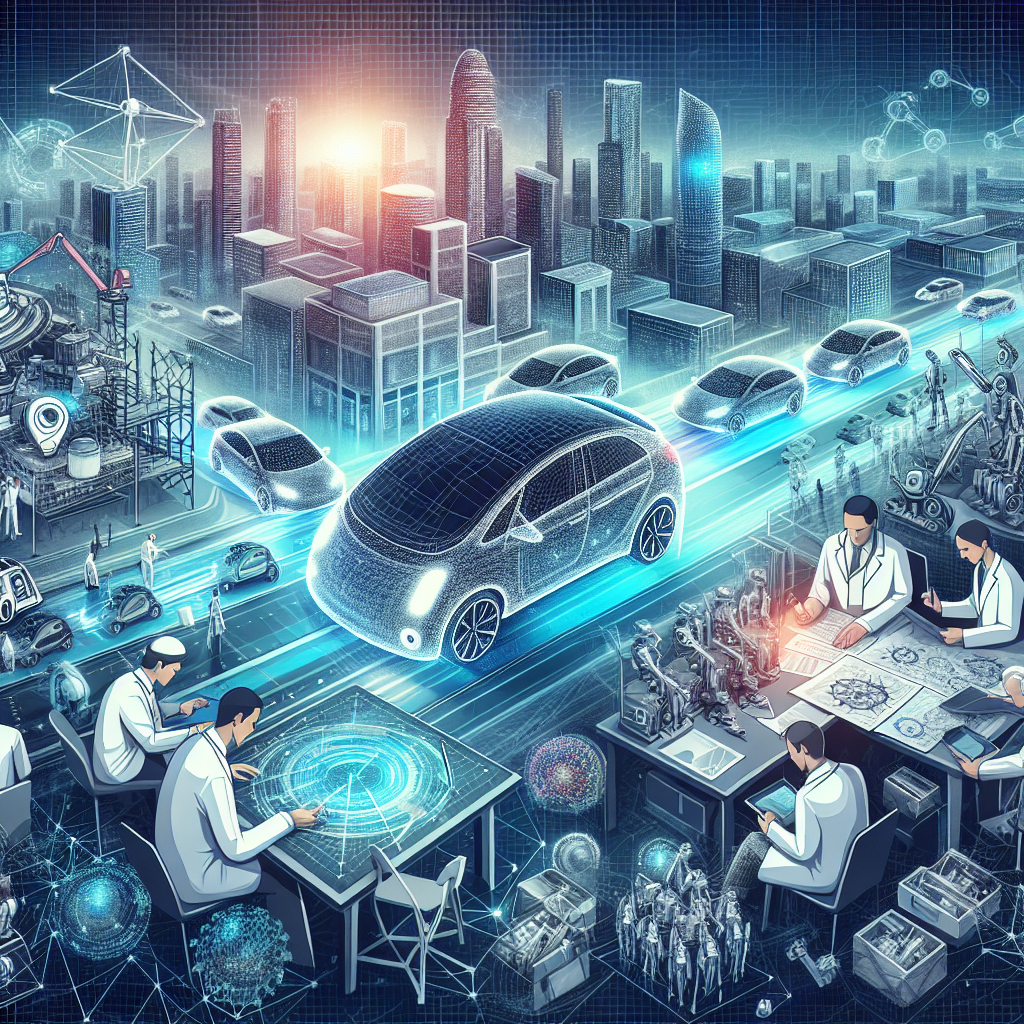Autonomous vehicles, also known as self-driving cars, have been a hot topic in the automotive industry in recent years. These vehicles have the potential to revolutionize transportation by improving safety, efficiency, and convenience. However, the widespread adoption of autonomous vehicles will also have significant economic impacts, both positive and negative.
One of the biggest opportunities presented by autonomous vehicles is the potential for cost savings. Self-driving cars have the potential to reduce the number of accidents on the road, which could lead to lower insurance premiums and healthcare costs. In addition, autonomous vehicles could increase efficiency on the road, reducing traffic congestion and improving fuel efficiency. This could result in lower transportation costs for businesses and consumers.
Autonomous vehicles also have the potential to create new economic opportunities. The development and deployment of self-driving cars will require a significant amount of new technology, which could create jobs in industries such as software development, engineering, and manufacturing. In addition, autonomous vehicles could enable new business models, such as ride-sharing services and on-demand transportation, which could create new opportunities for entrepreneurs and small businesses.
However, the widespread adoption of autonomous vehicles will also present challenges. One of the biggest challenges is the potential impact on jobs. Autonomous vehicles have the potential to disrupt industries such as trucking, taxi services, and delivery services, which could result in job losses for millions of workers. In addition, the development of autonomous vehicles could require significant investments in infrastructure, such as new roads and communication systems, which could be costly for governments and taxpayers.
Another challenge presented by autonomous vehicles is the potential for cybersecurity risks. Self-driving cars rely on complex computer systems and networks to operate, which could make them vulnerable to cyber attacks. This could pose a significant risk to public safety and could undermine consumer confidence in autonomous vehicles.
Overall, the economic impacts of autonomous vehicles are likely to be complex and multifaceted. While self-driving cars have the potential to create new opportunities for businesses and consumers, they also present significant challenges that will need to be addressed. Governments, businesses, and consumers will need to work together to navigate these challenges and ensure that the benefits of autonomous vehicles are maximized while minimizing the potential risks.


Leave a Reply